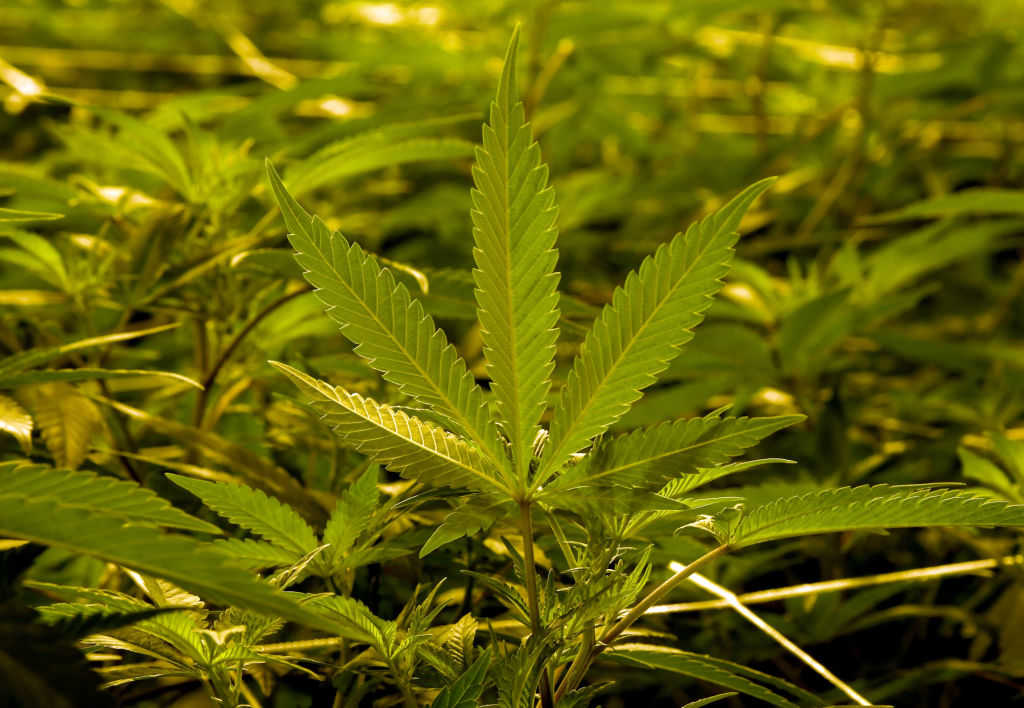Scores of Americans have turned to medicinal marijuana to cope with chronic pain management and post-traumatic stress disorder (PTSD), but two related reviews of available data have found that there is currently insufficient evidence to prove that the drug adequately and effectively treats these issues.
READ: ‘Who Are We?’: The One Thing We All Must Do After the Horror in Charlottesville
Thus far, there simply hasn’t been enough quality research that would back such evidence, according to two reviews of previously published studies on the matter. The new analyses were conducted by the Veterans Health Administration and published in Annals of Internal Medicine, Reuters reported.
The reviews did find, though, that cannabis us among the general public could have an increase on “car accidents, psychotic symptoms and short-term cognitive impairment,” as CNN noted.
“If cannabis is being considered for medical use, it should certainly be after all well-established treatments have failed,” Dr. Sachin Patel, a researcher who focuses on psychiatry at Vanderbilt University Medical Center in Nashville, Tennessee, told the outlet, noting that there is a need for “high-quality clinical trials.”
These proclamations are intriguing, considering that medicinal weed is legal in 28 states and Washington, D.C., with between 45 and 85 percent of those using it doing so for pain management, and more than a third are using the drug to treat PTSD.
As for pain management, the new review found low-quality evidence that cannabis could help nerve pain, but this did not come from smoking the drug; instead, it involved an oral spray.
“From 27 chronic pain trials, there is low-strength evidence that cannabis alleviates neuropathic pain but insufficient evidence in other pain populations,” the review into pain management research explains.
As for PTSD, an analysis of five studies showed insufficient evidence, though one study did find a small decline in some symptoms for veterans who started using weed.
“Evidence is insufficient to draw conclusions about the benefits and harms of plant-based cannabis preparations in patients with PTSD, but several ongoing studies may soon provide important results,” the study concluded.
On the slip side, Reuters reported that researchers found some potential pitfalls among those using marijuana in the general population, including a higher risk of car crashes, cognitive problems and other related issues.
“According to 11 systematic reviews and 32 primary studies, harms in general population studies include increased risk for motor vehicle accidents, psychotic symptoms, and short-term cognitive impairment,” the study reads.
The text continues, “Although adverse pulmonary effects were not seen in younger populations, evidence on most other long-term physical harms, in heavy or long-term cannabis users, or in older populations is insufficient.”
It’s clear that more data and research is needed surrounding the effectiveness of marijuana for chronic pain and PTSD, with CNN’s Dr. Sanjay Gupta saying that there is a need for doctors to figure out dosing strategies.
“It is still too early to really understand how effective cannabis may be for chronic pain or PTSD or to fully understand the ways in which cannabis could provide relief,” Gupta said.



